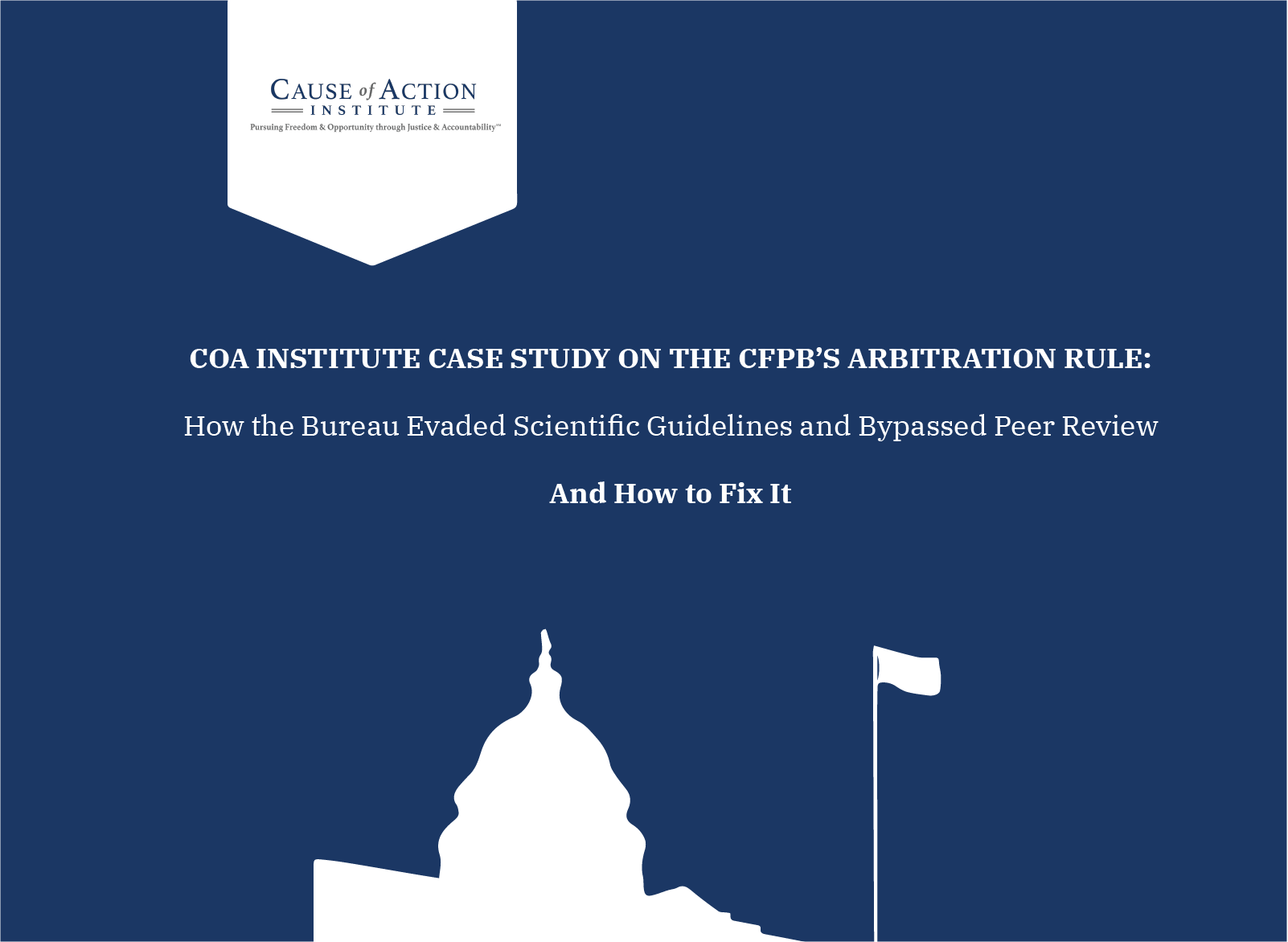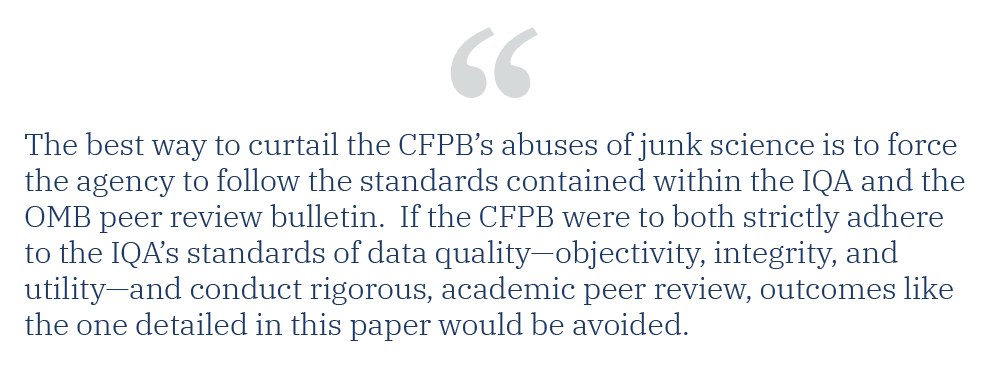The Millennium Challenge Corporation (“MCC”) finalized a rule at the end of last week implementing new Freedom of Information Act (“FOIA”) regulations and incorporated important revisions proposed by Cause of Action Institute (“CoA Institute”) in a comment submitted to the agency in March 2018. The MCC is a small agency tasked with delivering foreign aid to combat global poverty.
CoA Institute made several recommendations in response to the MCC’s proposed rulemaking. Most importantly, we urged the agency to remove outdated “organized and operated” language from its proposed definition of a “representative of the news media.” Such language has been used in the past to deny news media requester status—and favorable fee treatment—to government watchdog organizations, including CoA Institute. For example, CoA Institute sued the Federal Trade Commission, and took its case all the way to the D.C. Circuit, just to get the agency to acknowledged that its FOIA fee regulations were outdated and that it had improperly denied CoA Institute a fee reduction.
In deciding that case, the D.C. Circuit issued a landmark decision clarifying proper fee category definitions and the application of fees in FOIA cases. CoA Institute cited this case to the MCC and the agency took heed of the current case law, removing the outdated “organized and operated” standard from its final rule.
CoA Institute also asked the MCC to remove language directing FOIA officials to read agency regulations “in conjunction with” fee guidelines published by the White House Office of Management and Budget (“OMB”) in 1987. Portions of the OMB guidance, which are actually the source of the “organized and operated” standard, are simply no longer authoritative—they conflict with the statutory text, as amended by Congress, and judicial authorities, including Cause of Action v. Federal Trade Commission.
Continued reliance on the OMB guidelines threatens to cause confusion. In 2016, the FOIA Advisory Committee and the Archivist of the United States both called on OMB to update its fee guidelines. CoA Institute also filed a petition for rulemaking on the issue, and is currently litigating the matter in federal court. Although the MCC has decided not to alter its reference to the OMB guidelines (and did not provide an explanation for rejecting that portion of CoA Institute’s comment), the fact remains that no agency can rely on OMB’s superseded directives.
Since the passage of the FOIA Improvement Act of 2016, CoA Institute has commented on twenty-six separate rulemakings. Of the twelve that have been finalized, CoA Institute has succeeded in convincing seven agencies to abandon the outdated “organized and operated” standard in favor of a proper definition of “representative of the news media,” including the following:
- Department of Homeland Security
- Office of Special Counsel
- U.S. Agency for International Development
- Amtrak
- U.S. Postal Service
- Consumer Product Safety Commission
- Securities and Exchange Commission
Some agencies, including the National Credit Union Administration and the Federal Reserve, choose to defer on CoA Institute’s recommendations and have promised to propose further rulemakings in the near future to address outstanding fee issues.
CoA Institute’s successful comment to MCC is another small step in our efforts to provide effective and transparent oversight of the administrative state and, more specifically, to ensure agency compliance with the FOIA.
Ryan P. Mulvey is Counsel at Cause of Action Institute


